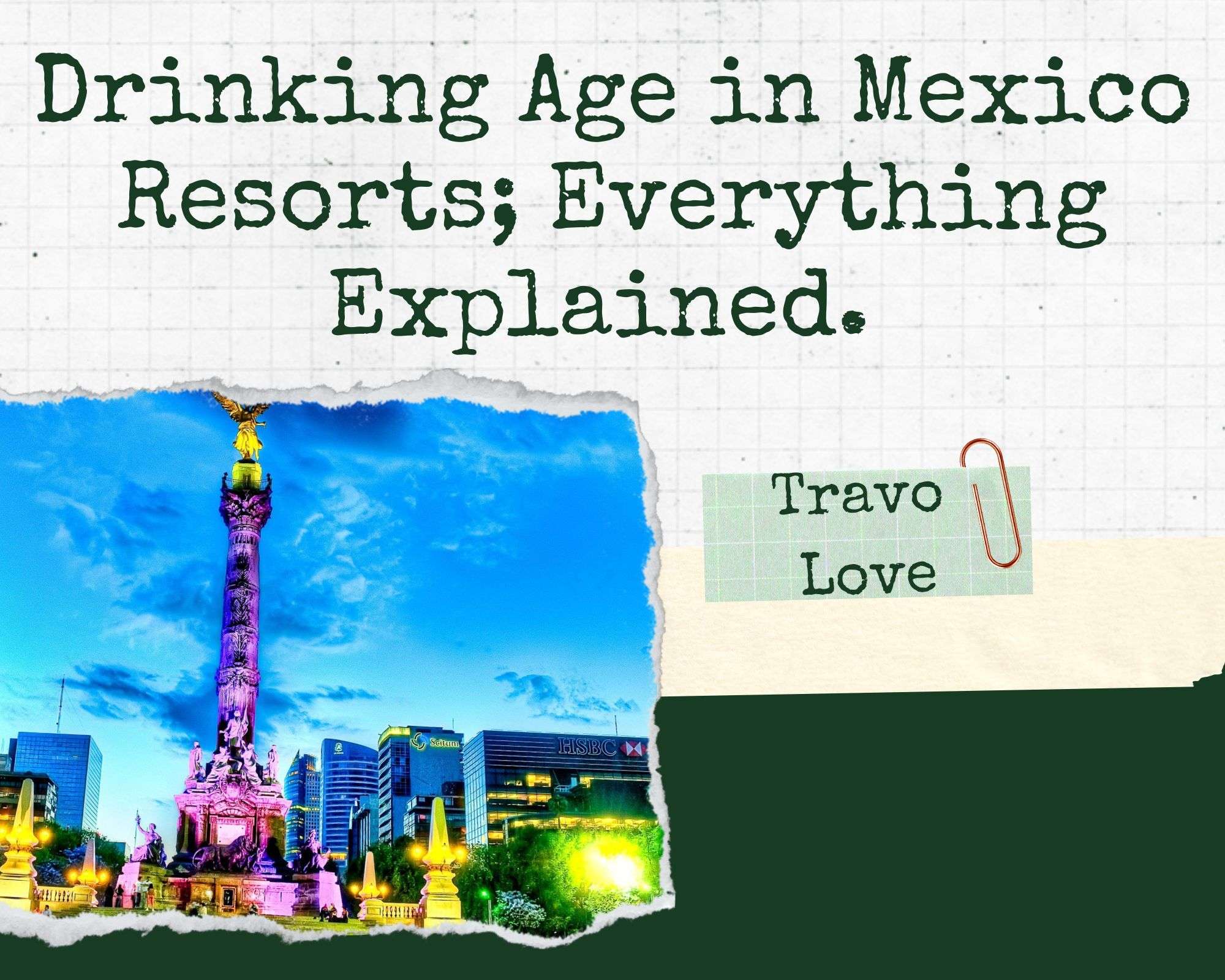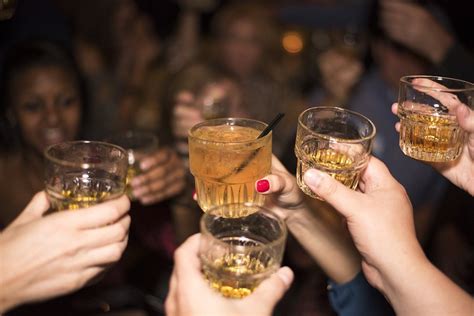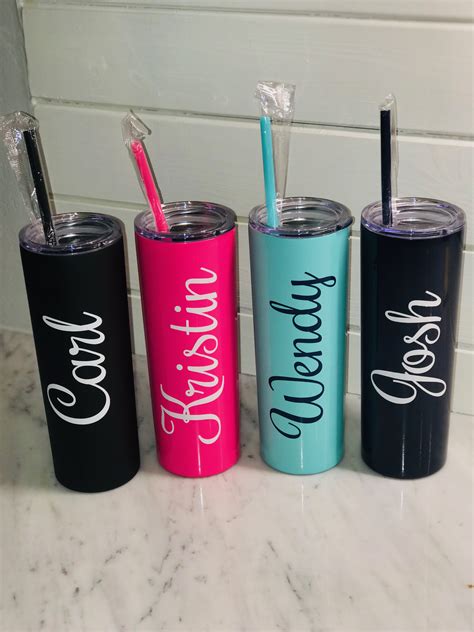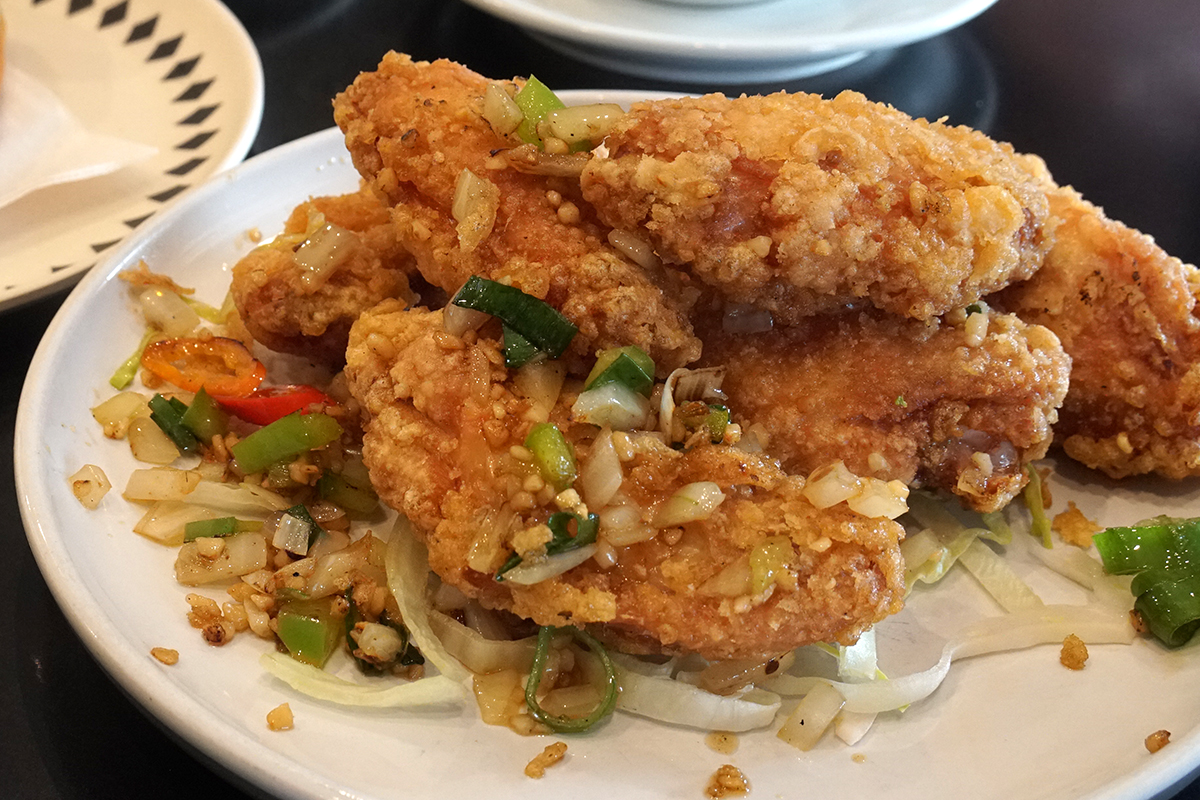What Is The Drinking Age In Mexico

In Mexico, the legal drinking age varies across different states and regions, reflecting the country's diverse cultural and legislative landscape. This variability is influenced by a combination of local traditions, cultural norms, and specific regulations set forth by individual states. Understanding these variations is crucial for both visitors and locals alike, as it impacts their ability to purchase and consume alcohol responsibly within the country's borders.
Understanding Mexico’s Legal Drinking Age

Unlike many countries that adhere to a uniform national drinking age, Mexico allows each of its 32 states and one federal district to establish their own drinking age regulations. This decentralized approach to alcohol legislation stems from Mexico’s commitment to respecting regional autonomy and cultural diversity.
As a result, the legal drinking age in Mexico can range from 18 to 21 years old, depending on the specific state or region. For instance, in the state of Baja California, the legal drinking age is 18 years old, while in the state of Sonora, it is 21 years old. This variation is often a reflection of the unique cultural and social dynamics within each state, as well as their specific strategies for managing alcohol-related public health and safety issues.
Legal Drinking Age by State
To provide a comprehensive overview, here is a table detailing the legal drinking age in each Mexican state and the federal district:
| State | Legal Drinking Age |
|---|---|
| Aguascalientes | 18 years |
| Baja California | 18 years |
| Baja California Sur | 18 years |
| Campeche | 18 years |
| Chiapas | 18 years |
| Chihuahua | 18 years |
| Coahuila | 18 years |
| Colima | 18 years |
| Durango | 18 years |
| Guanajuato | 18 years |
| Guerrero | 18 years |
| Hidalgo | 18 years |
| Jalisco | 18 years |
| Mexico City (Federal District) | 18 years |
| Mexico State | 18 years |
| Michoacán | 18 years |
| Morelos | 18 years |
| Nayarit | 18 years |
| Nuevo León | 18 years |
| Oaxaca | 18 years |
| Puebla | 18 years |
| Querétaro | 18 years |
| Quintana Roo | 18 years |
| San Luis Potosí | 18 years |
| Sinaloa | 18 years |
| Sonora | 21 years |
| Tabasco | 18 years |
| Tamaulipas | 18 years |
| Tlaxcala | 18 years |
| Veracruz | 18 years |
| Yucatán | 18 years |
| Zacatecas | 18 years |

This table offers a quick reference guide to the legal drinking age across Mexico, allowing visitors and locals to understand the specific regulations in each state.
Alcohol Regulations and Enforcement
Despite the decentralized approach to the legal drinking age, Mexico has a comprehensive national alcohol policy that guides and supports state-level legislation. This policy emphasizes responsible drinking, public health, and safety, with a particular focus on preventing alcohol-related harm, such as drunk driving and underage drinking.
Enforcement of alcohol laws and regulations is primarily the responsibility of state and local authorities, including police forces and regulatory bodies. They ensure compliance with the legal drinking age and other alcohol-related regulations through a combination of licensing and permitting requirements, inspections, and enforcement actions.
For example, in states with a legal drinking age of 18 years, it is common for retailers and venues to request age verification in the form of an official ID or passport. This helps ensure that only individuals of legal drinking age are purchasing and consuming alcohol. Additionally, states with a higher legal drinking age, such as Sonora at 21 years, may have more stringent enforcement measures in place to deter underage drinking.
Impact of Varying Drinking Ages
The variation in legal drinking ages across Mexico has a notable impact on both local communities and the country’s tourism industry. For locals, it reflects the unique cultural and social values of each state, influencing how alcohol is consumed and regulated within communities.
For tourists, understanding the legal drinking age in each state is essential for ensuring compliance with local laws and avoiding any legal repercussions. It also influences travel decisions, with some tourists opting to visit states with a lower legal drinking age to experience the vibrant nightlife and cultural traditions associated with alcohol consumption.
Conclusion

Mexico’s diverse approach to the legal drinking age reflects its commitment to respecting regional autonomy and cultural diversity. By allowing each state to determine its own drinking age regulations, Mexico has created a unique legislative landscape that both respects local traditions and prioritizes public health and safety.
For visitors and locals alike, understanding these variations is crucial for responsible alcohol consumption and compliance with local laws. It encourages a deeper appreciation for Mexico's diverse cultural landscape and the unique role that alcohol plays within each state's traditions and social dynamics.
FAQ
Can I drink alcohol in Mexico if I’m under 18 years old but accompanied by an adult?
+
In most Mexican states, the legal drinking age is 18 years old. This means that individuals under 18 years old are not allowed to purchase or consume alcohol, even if they are accompanied by an adult. However, some states may have specific regulations or exceptions, so it’s important to check the local laws of the state you’re visiting.
Are there any penalties for violating the legal drinking age in Mexico?
+
Yes, violating the legal drinking age in Mexico can result in penalties. These may include fines, confiscation of alcohol, and even potential legal consequences such as a criminal record. It’s important to respect the local laws and regulations to avoid any negative outcomes.
Do all Mexican states have the same legal drinking age of 18 years old?
+
No, while the majority of Mexican states have a legal drinking age of 18 years old, there are some states, such as Sonora, that have a higher legal drinking age of 21 years old. It’s crucial to check the specific regulations of the state you’re visiting to ensure compliance with local laws.



